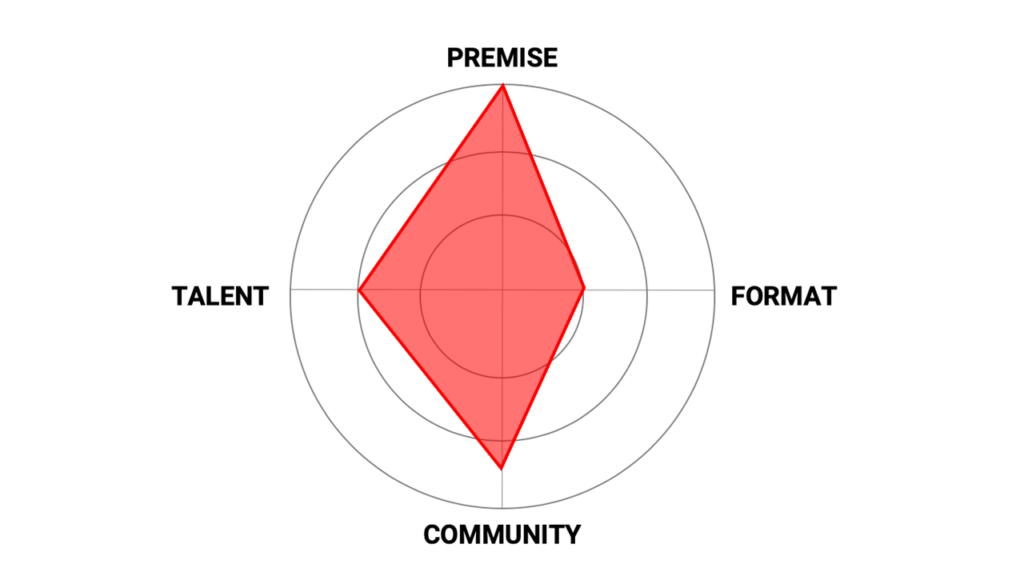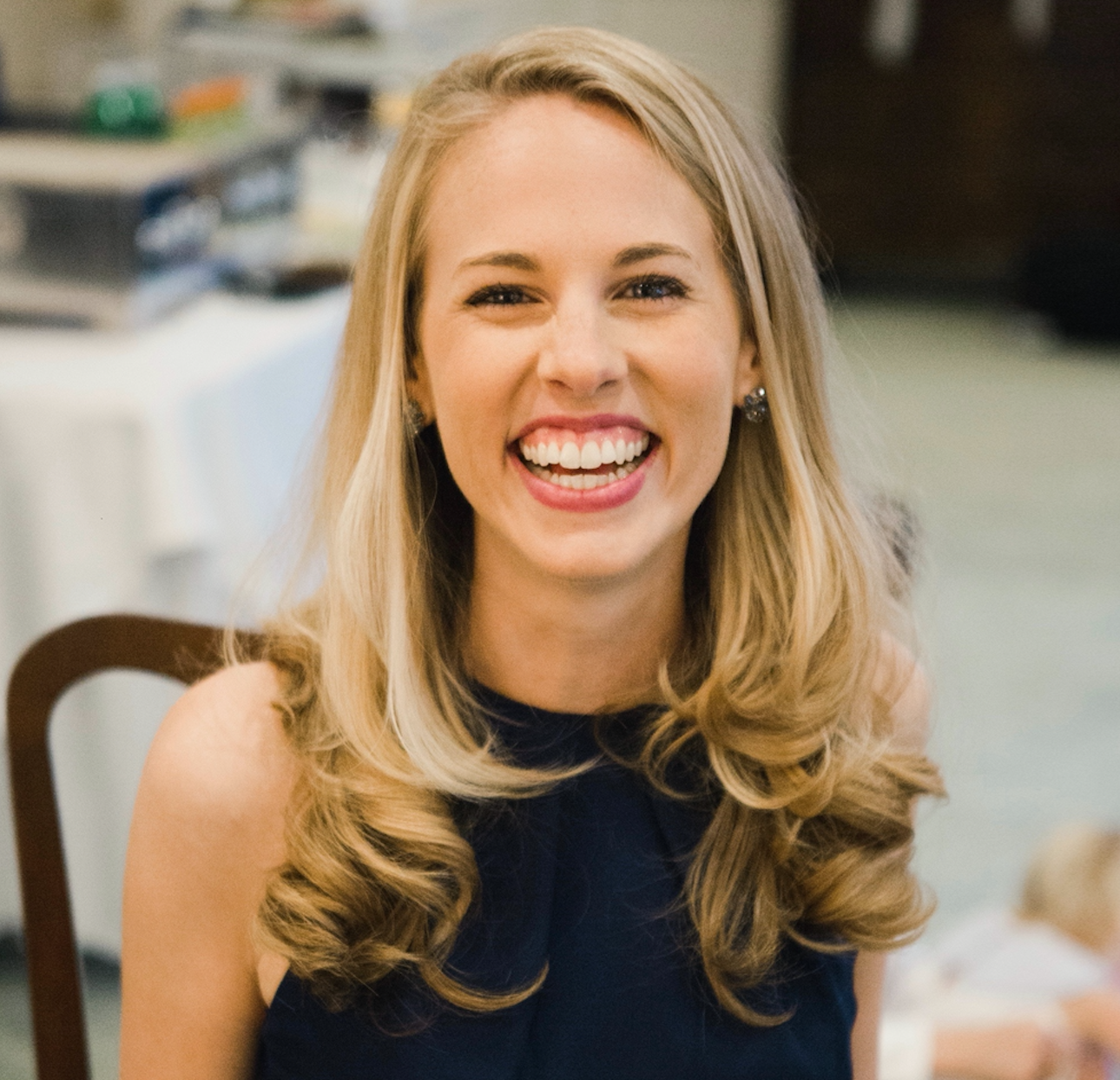Why Listeners Like It: Basecamp’s Rework
Creativity doesn’t just happen. Instead, creativity is the result of hard work and a series of choices the creator makes. In this series, we’re diving into some of the most creative branded podcasts out there — shows that have become favorites for their audiences. We’re asking their creators: why do listeners like your show? What makes it special? And how do you deliver that special something episode after episode?
If you white-labeled your podcast, would listeners still know it was yours?
Think about it. If you obscured your cover art and removed your logo, if you cut your company name-dropping intro, would your audience still be able to recognize your brand’s unique voice and perspective from deep within your content? Or would your show become “just another” — just another B2B podcast, just another interview show, just another series anyone could make?
If you’re the showrunners of Basecamp’s Rework podcast, the answer to that first question is a resounding “yes.” Logo, artwork, and intros aside, this show is bound so inextricably with the Basecamp brand. Its very name derives from the bestselling book by Basecamp founder Jason Fried, and its premise bakes the brand’s perspective into every episode. In fact, it’s the essential Basecamp-ness of the show that makes Rework what it is — it’s this quality that is, above all, why listeners like it.
Why Listeners Like Rework
At first glance, Rework’s premise is deceptively simple: it’s a podcast about a better way to work and run your business. The hook that makes it unique? That this is a podcast featuring stories and unconventional wisdom from the Basecamp team.
When it comes to unconventional business wisdom, Basecamp literally wrote the book on the subject. The show embraces the ideas that inspired the book — and, indeed, the company. Both media — book and show — reflect Basecamp’s values. Both exemplify what the company believes and what it stands for. This is incredibly powerful in creating both a consistent, interesting experience and in engaging with a community of Basecamp superfans.
While this throughline may seem simple, it’s enough to sustain the show, even across a wide variety of topics and episode formats.
“My co-producer, Shaun Hildner, and I sometimes describe Rework as a ‘business variety show’ because we keep ourselves so flexible in both subject matter and format,” says showrunner Wailin Wong. “We go behind the scenes of what’s happening at Basecamp, but we also feature guests and stories from outside the company. Some of our episodes are narrative in structure; others are two-hander interviews; some are more of a hybrid. One week we’ll have Basecamp CEO Jason Fried walking through a business decision like closing the Chicago office, and then another week we’ll have a Quaker theologian on to talk about whether we’re living in the end times. And we have a very strong point of view, because the whole point of the show is to present Basecam’s perspective on work, design, running a business, privacy, or whatever else is on our mind.”
And listeners really seem to get that point. One Apple podcast reviewer described the podcast as a “perfect extension of the book and concept,” and another said “You made me want to work at Basecamp!” The consistency of ideas resonates with the audience and serves as an entry point into a true community.
How do the showrunners maintain that combination of eclectic and on-brand across episodes?
“We built this flexibility into Rework from the beginning,” explains Wailin. “We conceived the show as a big sandbox where we could kind of do whatever we found interesting, while also presenting Basecamp’s point of view. Beyond that, it’s about staying curious and looking for stories everywhere. Basecamp is a place where employees are given a lot of autonomy in their day-to-day work. Shaun and I don’t have episode topics or guests assigned to us, and editorial oversight rests with us. So if Rework occasionally (or often!) comes off as quirky or personal, it’s because the show reflects our personal interests as much as Basecamp’s institutional sensibilities.”
If we were to draw a radar chart of the various components that anchor Rework, it might look something like this:

The show plays around with various formats, and the quirks and personalities of its hosts add character and interest. It truly hinges, though, on its premise, which asserts the brand authority in every episode. It’s this brand-centric premise that leads to the happy benefit of an engaged community. It’s the premise, above all, which is why listeners like it.
Your Favorite Podcaster’s Favorite Podcasts
No one knows good shows like a showrunner. As a bonus, here are Wailin Wong’s favorite podcasts:
I have so many! The two non-serialized shows where I almost never miss an episode are Keep It! and Reply All. These shows are very different, but the common thread is that they’re smart and funny, and I always learn something new.
Other favorites: Longform (I love hearing about how talented journalists get it done), Planet Money (the best in the biz when it comes to explaining difficult concepts in audio form), Criminal (compassionate storytelling about difficult topics), Heavyweight (they walk the most impossible emotional tightrope in every episode), and Still Processing (I will listen to Jenna Wortham and Wesley Morris talk about literally anything).
In terms of serialized shows or one-off series, I’m currently enjoying Nice White Parents and 30 for 30’s Heavy Medals.”

A somewhat accidental marketer, I’m first and foremost a writer. I’ve spent a decade working with global brands to craft on-target content and streamline complex ideas into clear (and even…exciting?!) language. Now, I get to spend every day immersed in content and strategy here, as Managing Editor of Marketing Showrunners, at my company, Molly Donovan Content & Communications. I’m thrilled to be a part of this community of eager next-generation marketers and marketing showrunners.
Reach out! molly@mshowrunners.com


